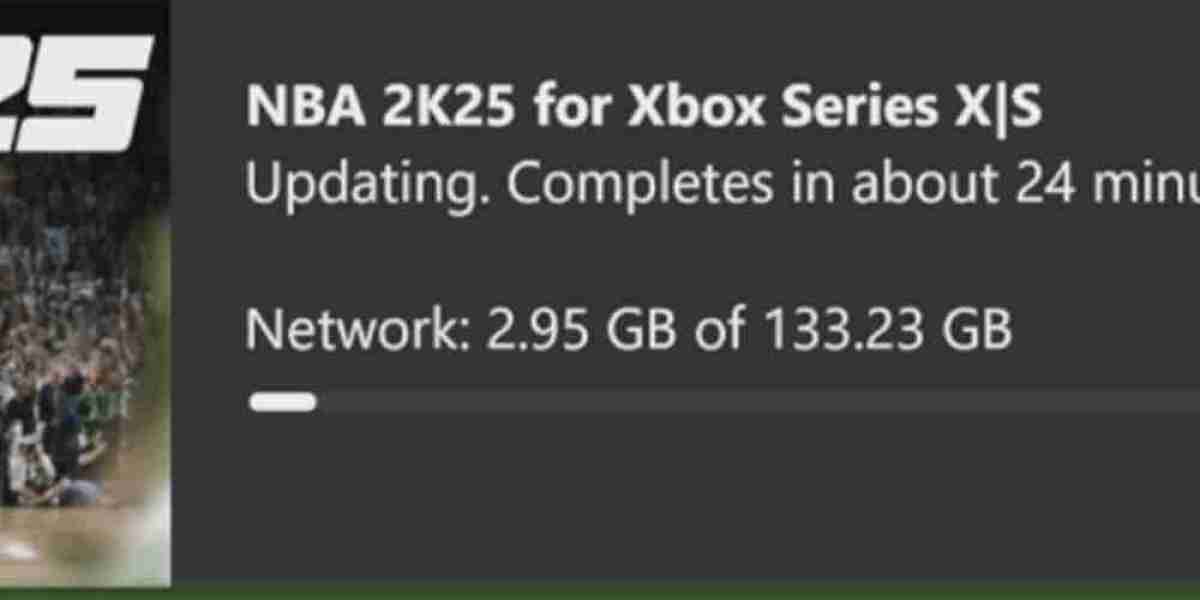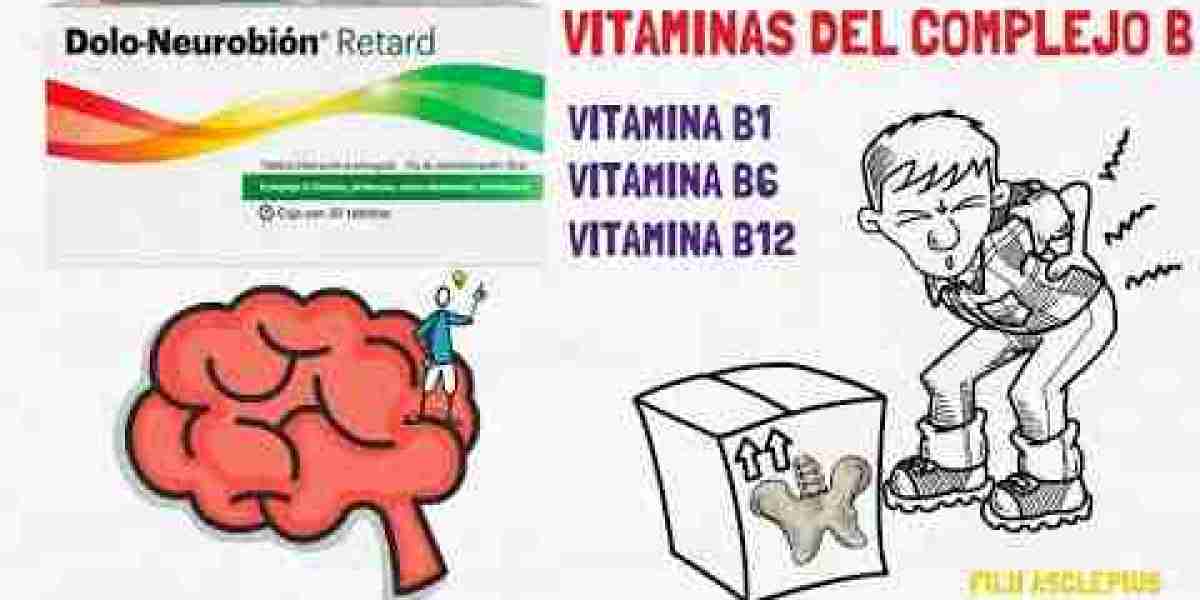Discover postsExplore captivating content and diverse perspectives on our Discover page. Uncover fresh ideas and engage in meaningful conversations
¿La gelatina engorda o ayuda a adelgazar?: calorías y propiedades | #complejo b12 engorda
Agua de romero para el cabello: beneficios y cómo usarla Disfruta de un pelo bonito, fuerte y sano | #complejo b12 engorda
Cuántas calorías tiene la gelatina: propiedades y beneficios | #complejo b12 engorda









